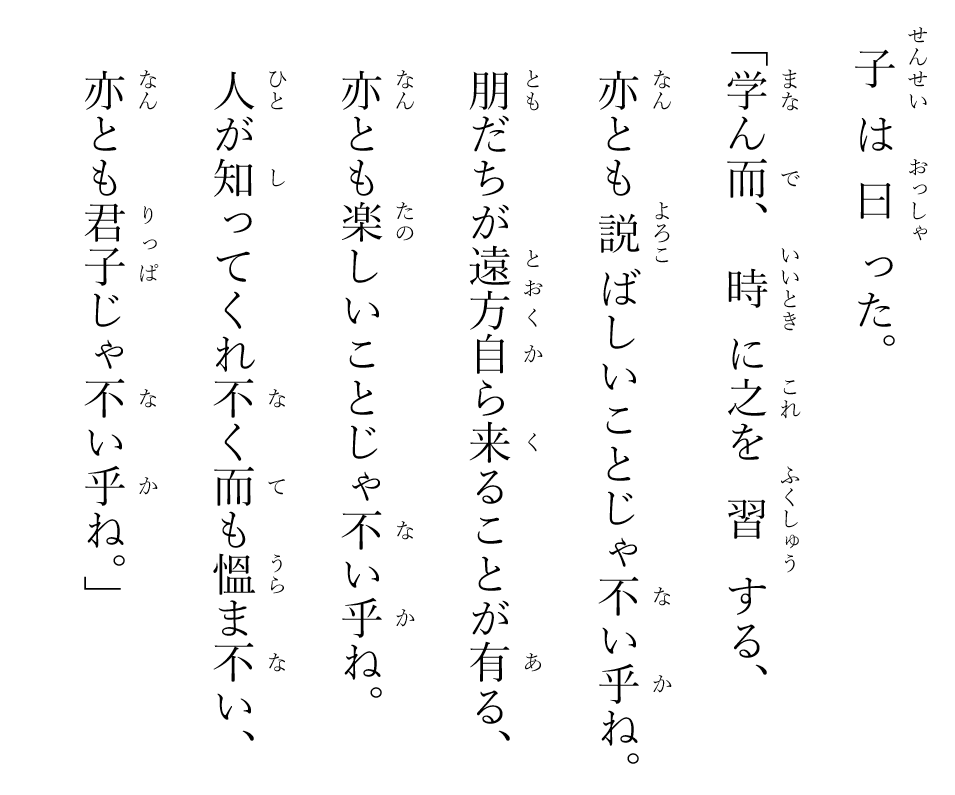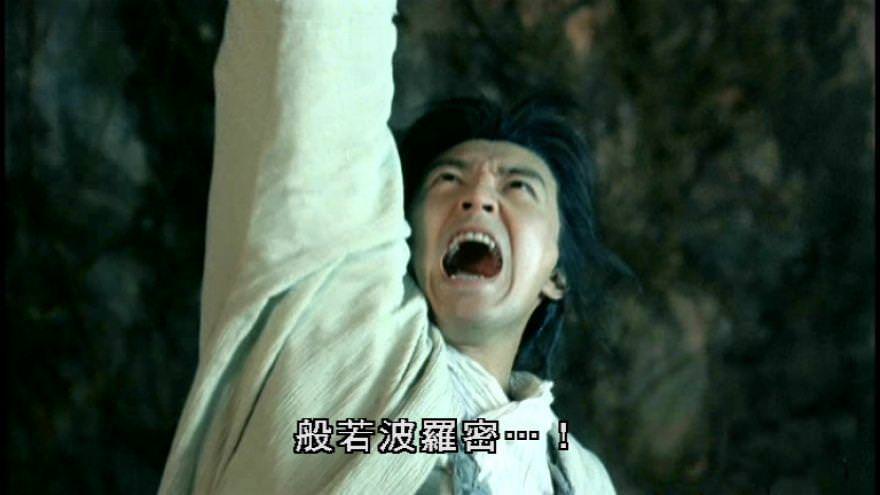On the Birthdate of the Little Nyonya
Little Nyonya (小娘惹) is one of the very fine Chinese language drama produced by MediaCorp Singapore in the past few decades. Its average audience measurement of about 1 million over the one month it was broadcast is a direct evidence of the quality and popularity of the drama.
Because it was suppose to be a serious drama, some people are taking this drama very seriously.
One of the "loophole" mentioned in Wikipedia concerns Yamamoto Yueniang (山本月娘)'s birthdate. It is claimed that: "Yueniang's age was also subjected to some inconsistencies. When Juxiang sought an old man's help in writing her daughter's time of birth, the man wrote "甲子年八月十五出生” which indicates a date in 1924. Yueniang was said to be 70 years old in present day, but she would be 84 years old if she was born in 1924.[5] Too, she stated that 1942 is the time where the Japanese occupied Singapore and she was eight (meaning she was born in 1934)."
This claim, however, as pointed out by Xie Minyang (谢敏杨), producer of the drama, is incorrect.

You can see clearly from screenshot above that the birthdate written on the red paper by the fortune teller is that the baby Yamamoto was born in the year of Bing-zi, 15th day of the 8th lunar month, in hour of Shen (丙子年八月十五日申时).
When converted to Gregorian date, this Chinese date is equivalent to Wednesday, September 30, 1936 (between 3 pm to 5 pm). So, the date is basically correct and Mrs. Yamamoto was indeed in her seventies in the first episode of the drama when she started to recount her stories to her granddaughter. However, the old Yueniang must have remembered incorrectly when she said she was 8 year-old when the Japanese occupied Singapore. She should be 6 year-old in 1942.
Furthermore, the script writer got the time incorrectly, as it is shown in the drama that Yueniang was born probably on Wednesday night. Thus the time in the red paper should reads either 酉时, 戌时, or 亥时 to correctly reflect the birthhour.
Because it was suppose to be a serious drama, some people are taking this drama very seriously.
One of the "loophole" mentioned in Wikipedia concerns Yamamoto Yueniang (山本月娘)'s birthdate. It is claimed that: "Yueniang's age was also subjected to some inconsistencies. When Juxiang sought an old man's help in writing her daughter's time of birth, the man wrote "甲子年八月十五出生” which indicates a date in 1924. Yueniang was said to be 70 years old in present day, but she would be 84 years old if she was born in 1924.[5] Too, she stated that 1942 is the time where the Japanese occupied Singapore and she was eight (meaning she was born in 1934)."
This claim, however, as pointed out by Xie Minyang (谢敏杨), producer of the drama, is incorrect.

You can see clearly from screenshot above that the birthdate written on the red paper by the fortune teller is that the baby Yamamoto was born in the year of Bing-zi, 15th day of the 8th lunar month, in hour of Shen (丙子年八月十五日申时).
When converted to Gregorian date, this Chinese date is equivalent to Wednesday, September 30, 1936 (between 3 pm to 5 pm). So, the date is basically correct and Mrs. Yamamoto was indeed in her seventies in the first episode of the drama when she started to recount her stories to her granddaughter. However, the old Yueniang must have remembered incorrectly when she said she was 8 year-old when the Japanese occupied Singapore. She should be 6 year-old in 1942.
Furthermore, the script writer got the time incorrectly, as it is shown in the drama that Yueniang was born probably on Wednesday night. Thus the time in the red paper should reads either 酉时, 戌时, or 亥时 to correctly reflect the birthhour.





Comments